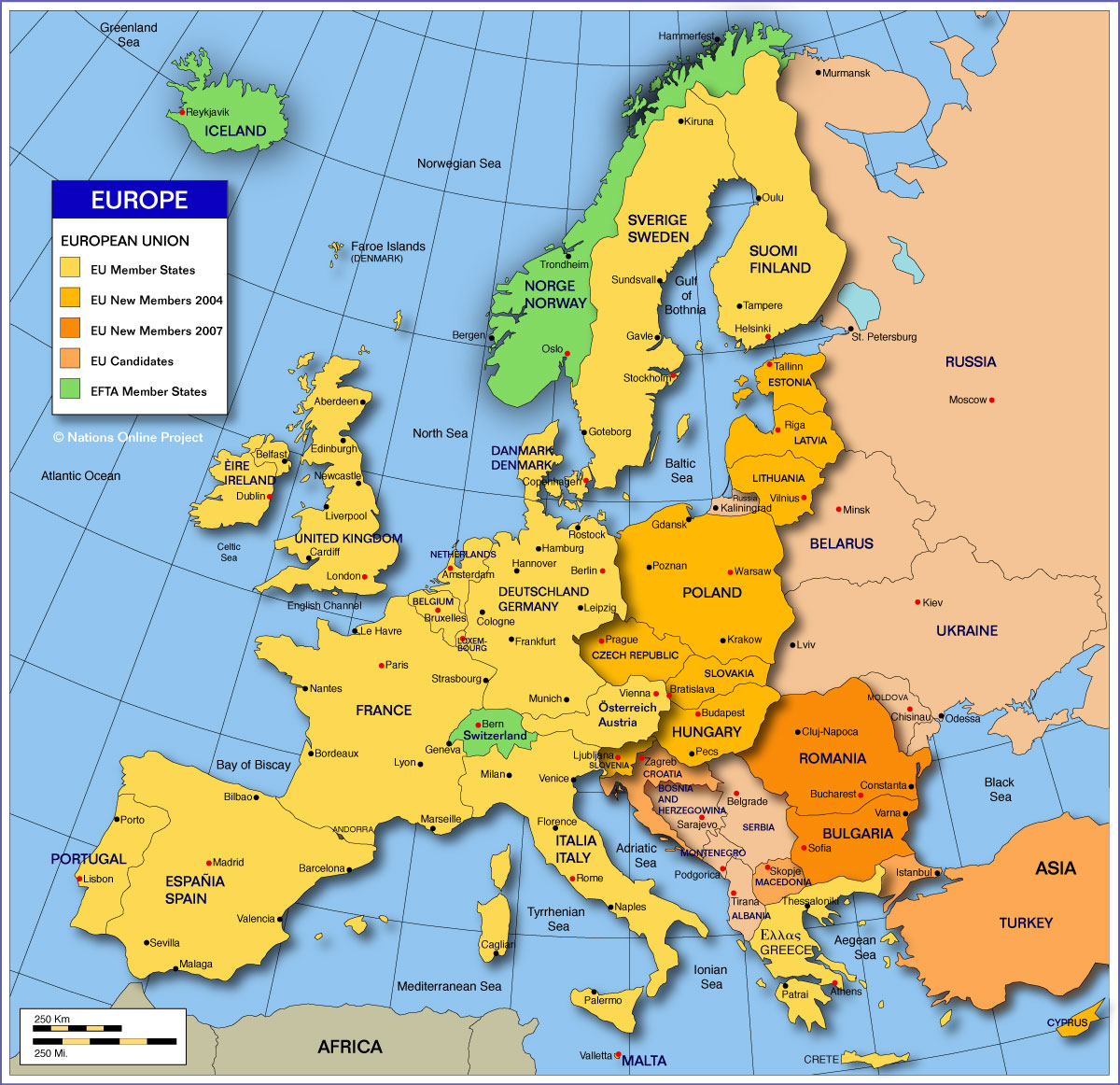One of the proposals to salvage the financial fortunes of Europe’s weakest nations is to fund their largest banks. The theory goes that each of these nations has a troubled bank system that the central governments have to fund to keep them from collapse. A collapse of large financial firms would require something like the U.S. TARP program. These weak nations do not have the ability to do that. What is not clear is which large banks would be saved and who would decide how to save them.
Several media outlets report that one proposal to help fund banks, and indirectly the nations in which they are based, is to use part of the 500 billion euro European Stability Mechanism meant to bail out countries like Portugal and Spain. The Financial Times reports that discussions about the possibility heated up before the G8 summit. “Senior officials said those talks have focused on using the €500bn European Stability Mechanism to directly inject capital into banks,” the paper reported. This program might exist alongside another plan to have the European Central Bank buy the sovereign bonds of Spain, among others. The ECB has objected to similar plans in the past.
The direct bank aid program may make sense on paper. Spain, in particular, has very troubled banks. Some got into that trouble because they made large numbers of loans based on real estate. The value of that real estate collapsed during the recent recession in a way similar to what happened in the U.S. The Spanish banking sector situation is so bad that Moody’s recently downgraded 16 banks based in the country, including the huge Banco Santander (NYSE: STD). The country’s chance to help these financial firms took another blow. Spain recently got into more trouble in terms of its own bailout because it missed its 2011 deficit-to-GDP ratio goal. The government said the figure was 8.9% instead of the 8.5% it has expected.
The debate about which countries in Europe to aid is extremely complex and contentious. Even the fate of Greece is constantly debated. Should its neighbors throw what many believe is good money after bad? Maybe, if it keeps the eurozone together. But, if the leaders who have the ability to potentially bail out countries cannot decide on which countries, when, and under what circumstances, how can those decisions possibly be made bank system by bank system or bank by bank?
Douglas A. McIntyre
Are You Still Paying With a Debit Card?
The average American spends $17,274 on debit cards a year, and it’s a HUGE mistake. First, debit cards don’t have the same fraud protections as credit cards. Once your money is gone, it’s gone. But more importantly you can actually get something back from this spending every time you swipe.
Issuers are handing out wild bonuses right now. With some you can earn up to 5% back on every purchase. That’s like getting a 5% discount on everything you buy!
Our top pick is kind of hard to imagine. Not only does it pay up to 5% back, it also includes a $200 cash back reward in the first six months, a 0% intro APR, and…. $0 annual fee. It’s quite literally free money for any one that uses a card regularly. Click here to learn more!
Flywheel Publishing has partnered with CardRatings to provide coverage of credit card products. Flywheel Publishing and CardRatings may receive a commission from card issuers.
Thank you for reading! Have some feedback for us?
Contact the 24/7 Wall St. editorial team.



